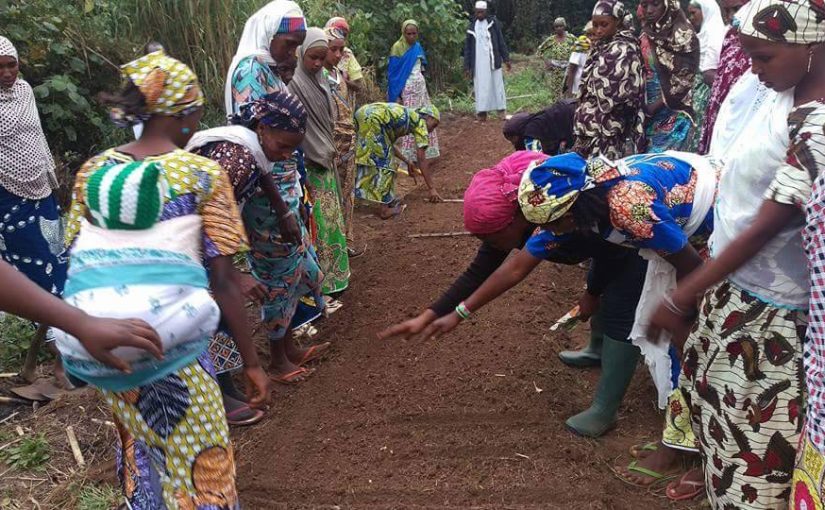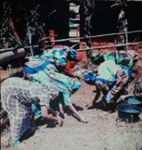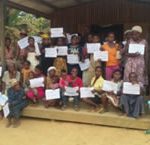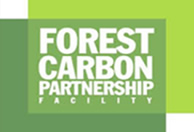
- Posted on: 20 March 2020
- Tweet
More than 50% of the worlds land is community land collectively held by indigenous people’s .The indigenous people live in most of the remote and resourceful areas in the world such as the forest, mountain and deserts. They survive on the agriculture of this land but unfortunately they only hold a fraction of legal right of the land they occupy. Their lives and land have been vulnerable to exploitation and colonization of extractive industries resulting to many being forced out of their homes for development schemes.
Women all over the world encounter gender discrimination in relation to land control and land ownership, Indigenous women face double discrimination, their rights are more insecuring than those of men due to the land tenure system that prohibit women from owning land.
These Women have historically been recognized as the main cultivators ,workers and protectors of these lands. For this reason they are most likely to experience the first and worst effect of climate change globally thus they are often found on the front line resistance campaign defending their lands, rights and the health of the environment.
Response
- More than 50 indigenous women leaders benefited from a capacity building on the Redd++ process and climate change mitigation in Ebolowa 22nd- 23rd in march 2017. The objective was to share experiences and information about the management of forest ecosystem and involvement of indigenous women and girls .
- 50 Members of the Forest management Committee benefited from a capacity building training on climate change mitigation and redd++ process and the importance of including indigenous women into their various committees in Bertoua the 21st-22nd December 2017.
- 90 Mbororo indigenous women representing two women groups (SUCOOPBOD , SANTA )were trained on the New technics of agriculture by setting up and managing eco-friendly garden aimed at ensuring food security and financial viability . In SANGWA –UPKWA from the 6th -15th of March 2017 and in Santa from the 30th January – 8th of February 2018.
- Organized a capacity building workshop that brought together 50 forest women from the South region precisely in DJOUM on how to valorize their traditional knowledge and how to ameliorate their living conditions through preservation of non forest products. In MIATA from the 02nd February to 20th of March 2018.
- Organized 3 experience sharing meetings that regrouped 20 women from different villages in the south region of Cameroon between different indigenous forest women to learn about the transformation of DJANSANG into a local transformation in Njoum-Miata the 19th of February 2018.
- Elaborated and distributed around a 1000 of simplified documents about climate change and the REDD++ process in collaboration GIZ – Cameroon.
- Organized a capacity building on awareness raising for 40 Indigenous Mbororo leaders on the importance of land ownership in Santa Subdivision North West Region the 07th March 2018.
- Accompanied and supported 10 Community Indigenous leaders to acquire land certificates in Santa the 08th of July 2018.




















